We Stay in Time: A Deep Dive into the Ambiguous Narrative and Vital Reception
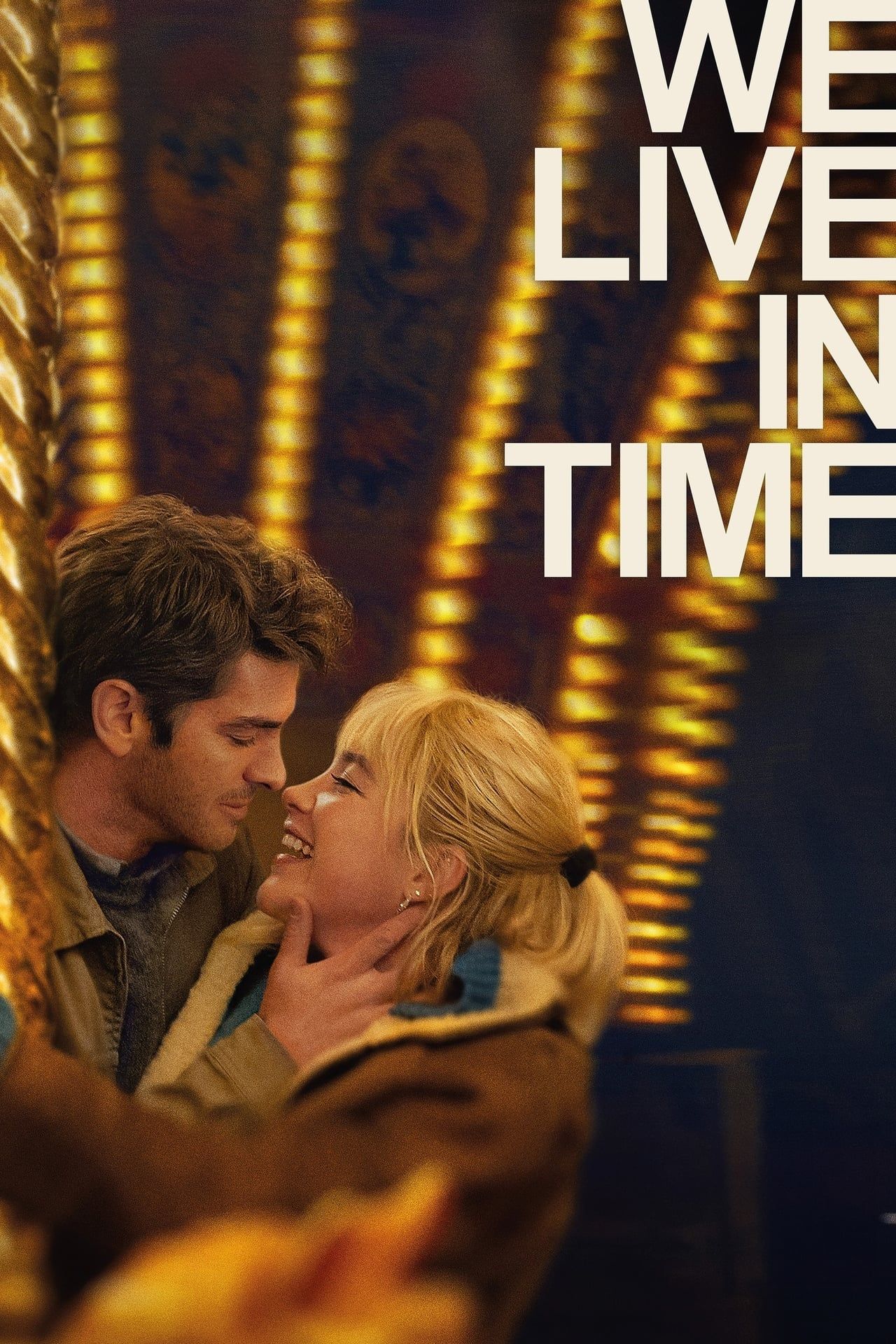
"We Stay in Time," a 2023 romantic drama directed by John Crowley and starring Andrew Garfield and Florence Pugh, has garnered vital consideration, not only for its star energy but in addition for its intentionally ambiguous narrative and the various essential reactions it has elicited. The movie, whereas seemingly simple in its premise – a pair grappling with the complexities of affection and parenthood – unfolds in a way that leaves a lot open to interpretation, sparking debates about its thematic focus, character improvement, and total effectiveness. This text delves into the intricacies of "We Stay in Time," exploring its plot, themes, essential reception, and the explanations behind its divisive nature.
Plot Abstract and Narrative Construction:
The movie follows the connection between Mark (Garfield) and Helen (Pugh), a pair navigating the challenges of elevating their younger baby. The narrative unfolds non-linearly, leaping between completely different factors of their relationship, from the preliminary spark of their romance to the hectic realities of parenthood. We witness moments of intense intimacy, playful banter, and agonizing disagreements, all depicted with a uncooked honesty that underscores the movie’s practical portrayal of a contemporary relationship. Crucially, the movie does not supply a neatly tied-up conclusion, leaving the viewers to ponder the final word trajectory of Mark and Helen’s journey. The non-linear construction, whereas including a layer of complexity, additionally contributes to the movie’s ambiguity, making it tough to pinpoint a single, definitive narrative arc.
The movie’s refusal to supply straightforward solutions or clear-cut resolutions is a deliberate stylistic selection. As an alternative of specializing in a dramatic climax or a definitive decision, "We Stay in Time" dwells on the mundane but emotionally resonant particulars of on a regular basis life. The seemingly insignificant moments – a shared meal, a quiet dialog, a pissed off sigh – are imbued with significance, highlighting the refined shifts in energy dynamics and emotional landscapes inside the relationship. This deal with the trivialities of each day life, whereas appreciated by some for its realism, has additionally been criticized for its perceived lack of dramatic momentum.
Themes Explored:
"We Stay in Time" tackles a number of advanced themes, primarily specializing in the transformative nature of affection and parenthood. The movie explores the challenges of balancing private aspirations with the calls for of household life, the impression of parenthood on particular person identities, and the fixed negotiation of energy dynamics inside a romantic relationship. The movie additionally subtly touches upon themes of societal expectations, gender roles, and the inherent anxieties related to elevating a toddler in a world fraught with uncertainty.
The movie’s exploration of parenthood is especially nuanced. It does not draw back from portraying the messy realities of elevating a toddler, showcasing the exhaustion, the frustration, and the moments of overwhelming love that outline the parental expertise. The movie avoids romanticizing parenthood, as a substitute presenting a sensible and sometimes difficult portrayal of the emotional toll it takes on each people.
The movie’s exploration of affection is equally advanced. It is not a fairytale romance; reasonably, it is a depiction of a love that’s examined, challenged, and continuously redefined by the realities of life. The movie highlights the significance of communication, compromise, and the continued work required to take care of a wholesome relationship. The paradox surrounding the final word destiny of Mark and Helen’s relationship serves to underscore the enduring uncertainty and inherent fragility of affection.
Vital Reception and Divisive Nature:
The essential reception of "We Stay in Time" has been removed from unanimous. Whereas some critics have lauded the movie’s practical portrayal of relationships, its nuanced performances, and its willingness to embrace ambiguity, others have criticized its gradual tempo, its lack of a transparent narrative arc, and its perceived lack of dramatic payoff.
The movie’s deliberate ambiguity has been each its best energy and its largest weak point. Some viewers admire the movie’s refusal to supply straightforward solutions, discovering its open-endedness to be a mirrored image of the complexities of real-life relationships. Others, nonetheless, discover the shortage of closure irritating, feeling that the movie leaves them with no satisfying decision.
The performances of Garfield and Pugh have been typically praised. Each actors ship nuanced and emotionally resonant performances, capturing the refined shifts of their characters’ emotional states with outstanding talent. Their chemistry is plain, including to the movie’s emotional weight.
Nonetheless, some critics have argued that the movie’s deal with intimate moments and refined emotional shifts comes on the expense of a compelling narrative. The movie’s gradual tempo and its lack of a conventional plot construction have been cited as potential drawbacks, with some viewers discovering the movie to be too slow-burning and missing in dramatic rigidity.
Conclusion:
"We Stay in Time" is a movie that calls for lively engagement from its viewers. It is not a movie that gives straightforward solutions or a neatly packaged narrative. Its energy lies in its unflinching portrayal of the complexities of affection, parenthood, and the challenges of navigating a contemporary relationship. Its ambiguity, whereas divisive, can also be its most intriguing side, prompting viewers to mirror on their very own experiences and interpretations. Whether or not one finds "We Stay in Time" to be a rewarding cinematic expertise will seemingly rely on one’s tolerance for ambiguity and one’s appreciation for a movie that prioritizes realism and emotional nuance over dramatic spectacle. The movie’s lasting impression is probably not in its instant gratification, however reasonably within the lingering questions and reflections it provokes lengthy after the credit roll. It is a movie that encourages dialogue and invitations a number of interpretations, solidifying its place as a novel and thought-provoking contribution to up to date cinema. In the end, "We Stay in Time" is a movie that stays with you, not for its plot twists or dramatic reveals, however for the quiet intimacy of its portrayal of a deeply human expertise.

:upscale()/2023/03/14/797/n/1922283/tmp_uqZAqh_606425aae58ce10d_GettyImages-1248110819.jpg)
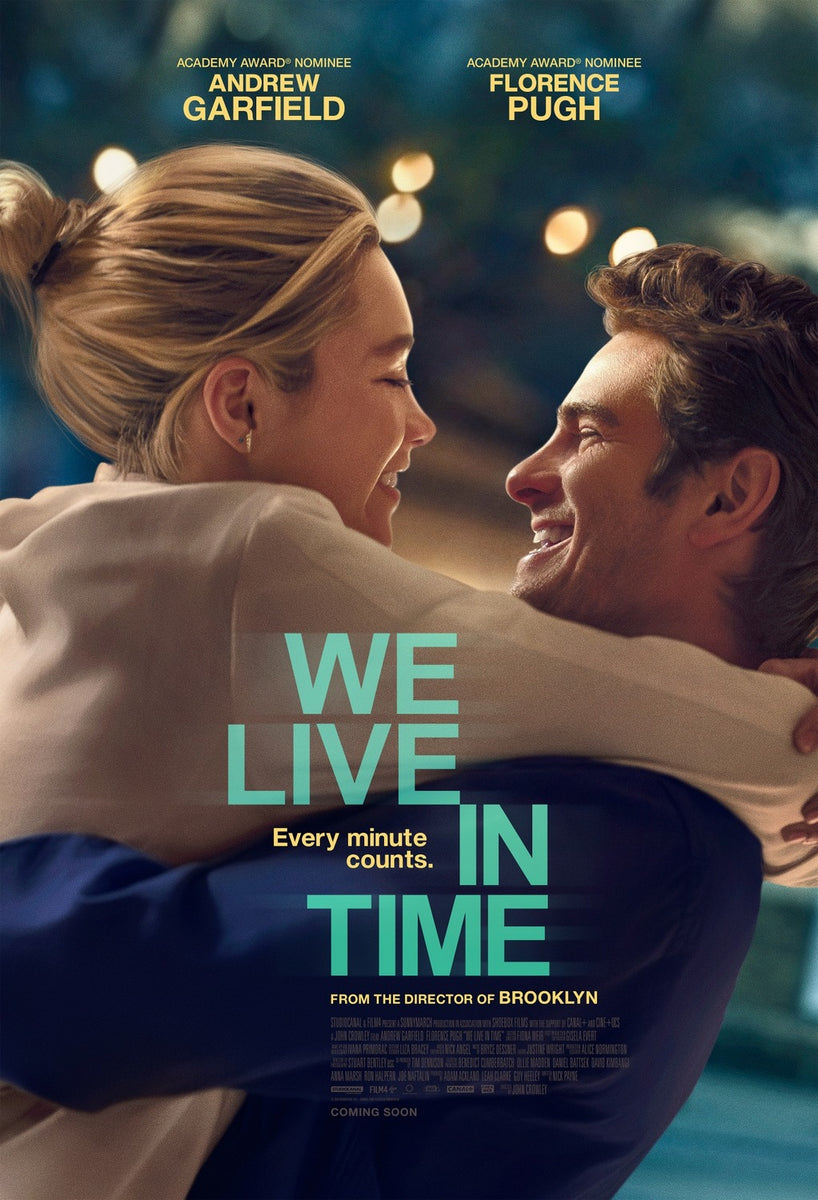

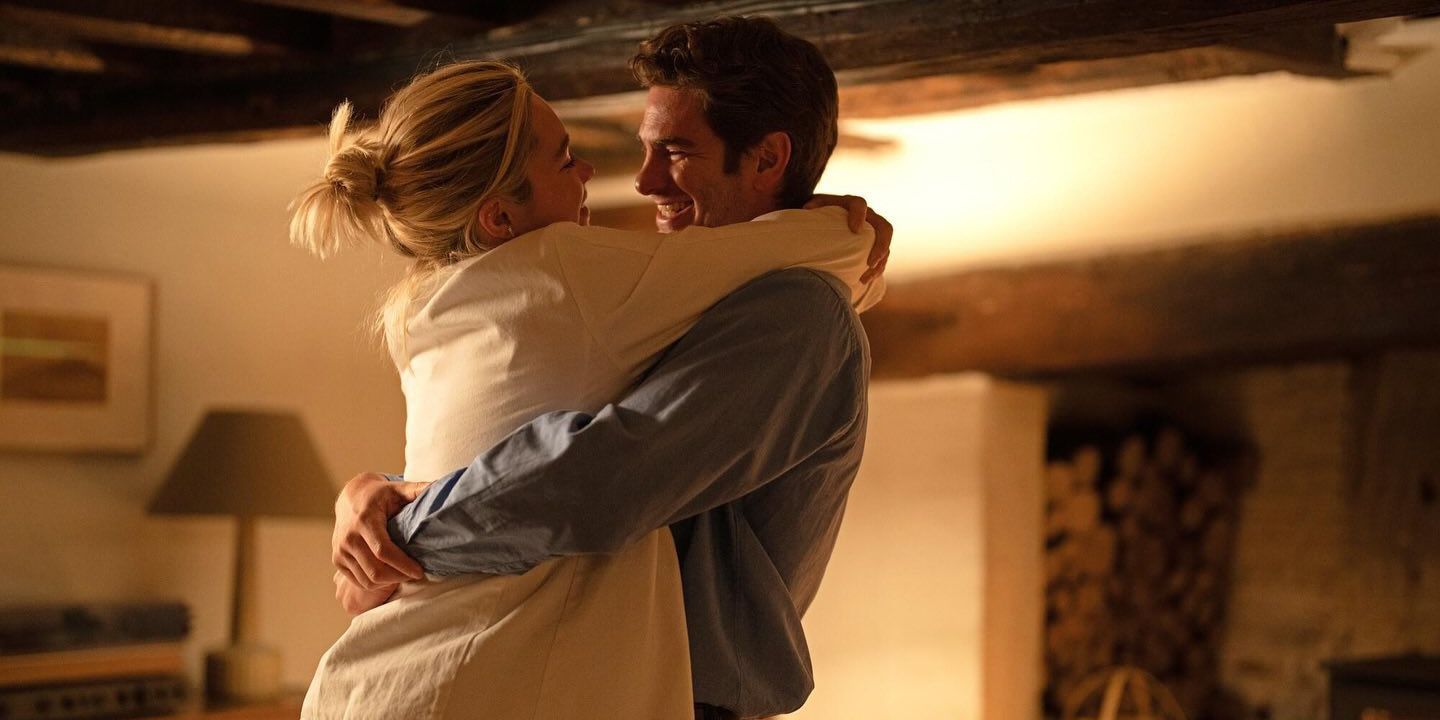
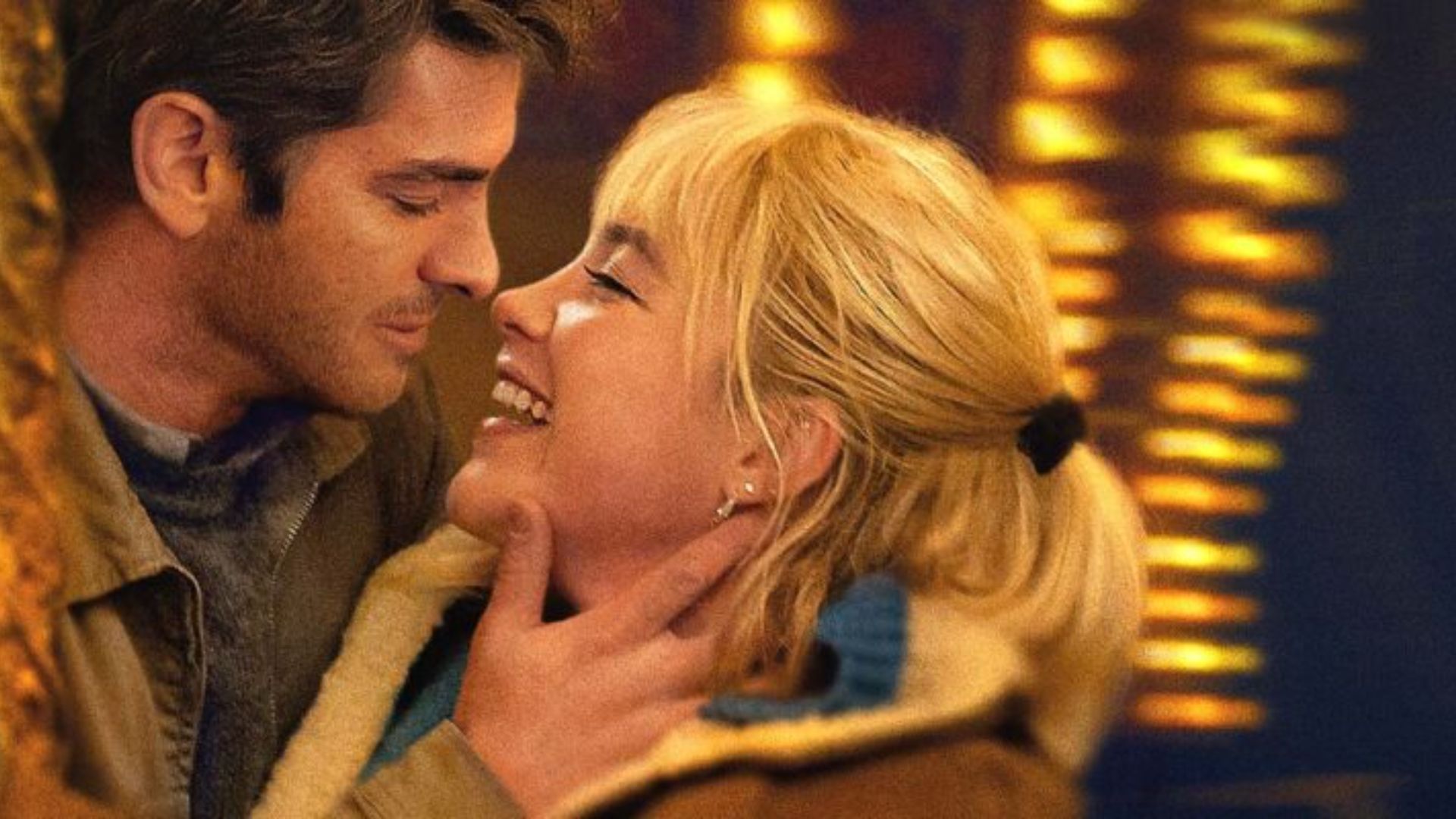
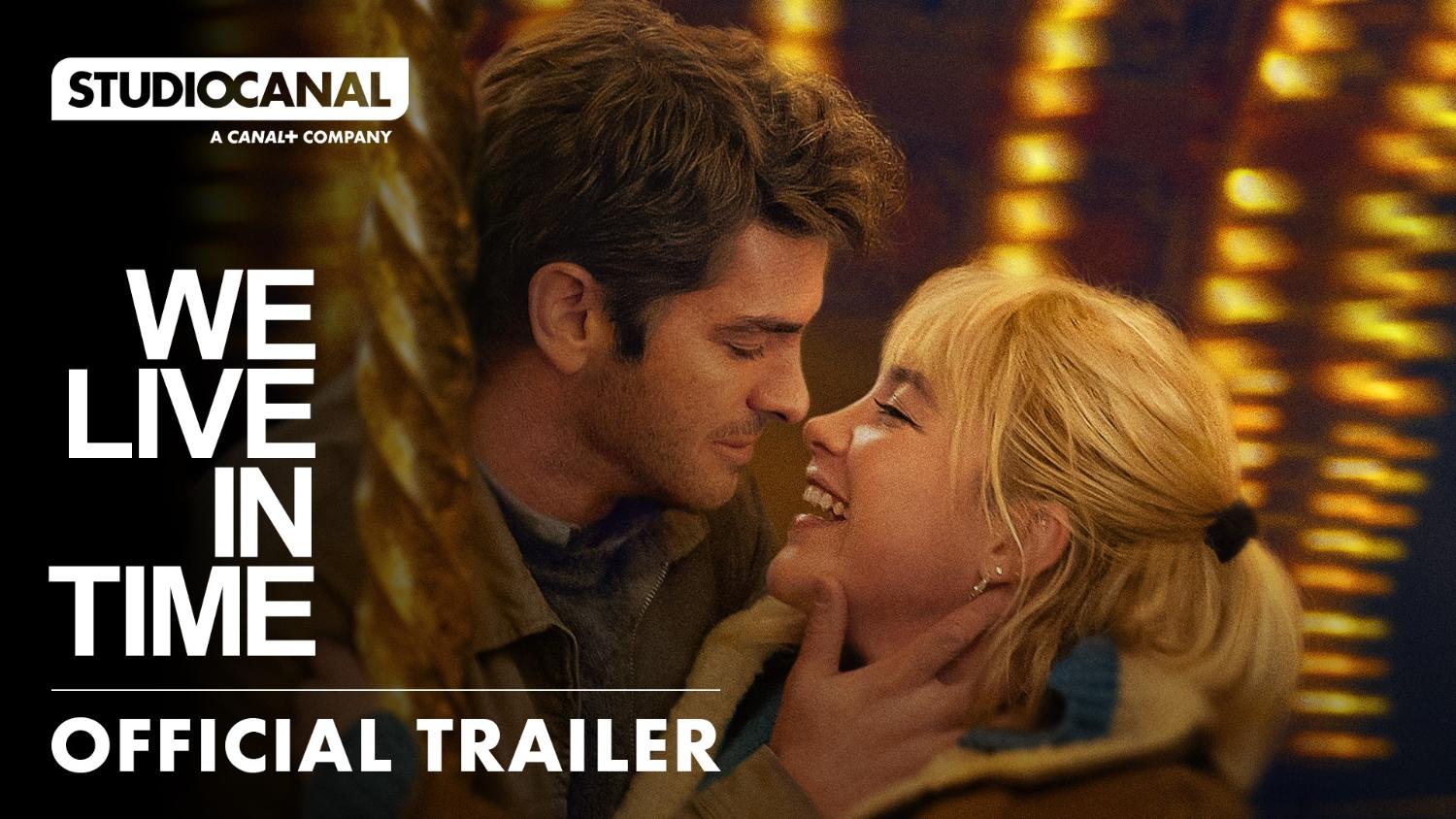
![WE LIVE IN TIME - Official Trailer [4K] - Starring Andrew Garfield and](https://i.ytimg.com/vi/bS0Clau5700/maxresdefault.jpg)